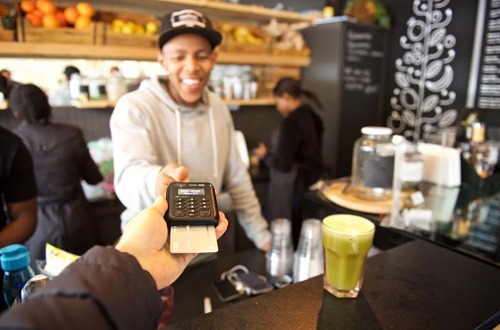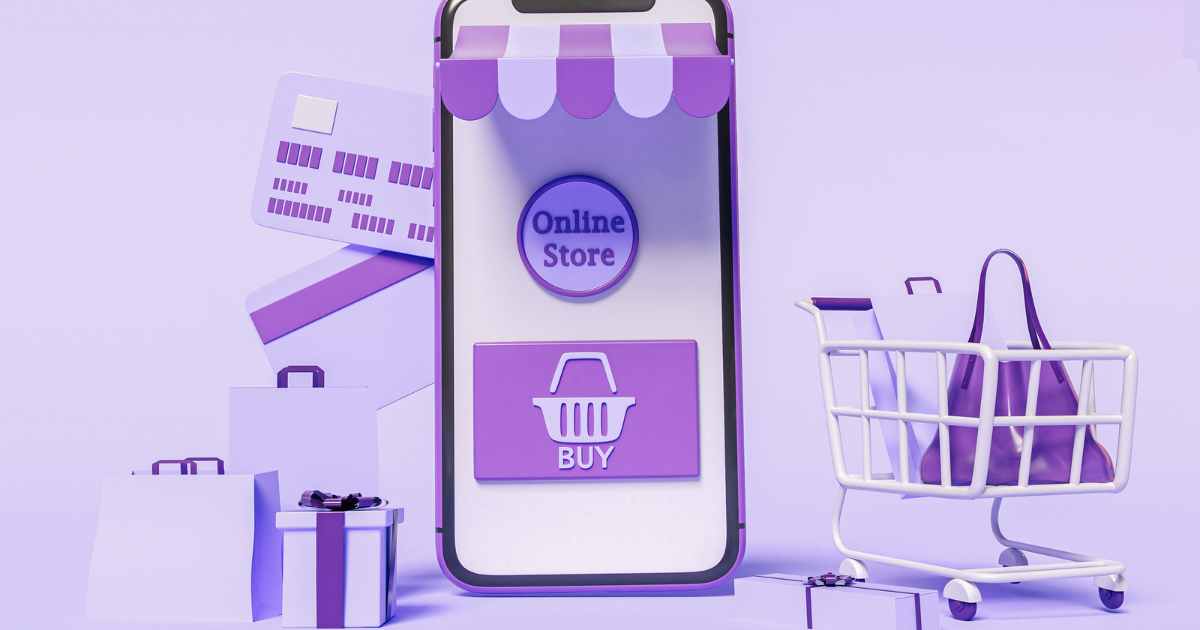
If you ask the Yoco founders to pinpoint one of the reasons for their integrated card payment and mobile point-of-sale solution’s successful launch, they would answer: their beta testing programme.
Beta testing refers to a limited release of a product or service with a goal of finding bugs before the final release.
The solution- Yoco, which launched in November 2015 is the brainchild of Katlego Maphai (CEO), Bradley Wattrus (CFO), Lungisa Matshoba (CTO) and Carl Wazen (CBO).
The launch followed a successful 10 month beta programme, which saw the startup’s solution being used by over 500 merchants.
“We started with 20 merchants during the product pilot and ended up with 550 merchants at the end of the commercial pilot. After processing about R100 million in card volume on the platform, we were ready to go public,” says Maphai.
Filling the gap
The Yoco solution works by enabling card readers to connect to any phone or tablet (Android/iOS) and transforming it into a card acceptance terminal that can be used just about anywhere.
Yoco was designed for entrepreneurial businesses that want to accept card payments simply and quickly, says Maphai.
“More than 75% of adult South Africans have a card, however on the other side of the equation, with card terminals, you only have an estimated 6% of businesses being able to accept. This 6% is made up predominantly of large and medium sized. We call this the acceptance gap.
“If the cost of error is low for customers in your venture, you can have a quick beta and iterate fast”
“Small, very small and micro enterprises find themselves excluded through pricing, maturity criteria (need trading history) and commitment-based pricing models (24-month contracts) which are prohibitive for a smaller business where trade has a lot of variance through seasonality.”
In this interview, the Yoco founders share with SME South Africa how beta testing were fundamental for their successful launch, especially as a fintech startup.
Why we choose to conduct an extensive beta testing programme
We are a payments company, dealing in a very sensitive space where a small business is accepting payment for something they sell. Every sale counts when you’re small, and the worst thing that can happen is a payment failure. It does not reflect well and takes away from the buying experience. It was off the back of this thesis and strong empathy for our small business owners (merchants) that we opted for a long beta test with a sizeable data set.
The beta test lasted close to 10 months and was split into a product pilot, an operations pilot and a commercial pilot.
Our objectives were to test the product, build a scalable and lean cost to serve operating model for merchant onboarding, manage payments risk and fraud, and finally, test the product across a few segments. You can argue that the commercial pilot will continue into the life of the venture as we continually look to unlock new segments.
“You get to interact and solicit vital feedback from your early users. They should benefit from your size and high attention, and go on to become your first evangelists”
If you’re in fintech, you need to be careful and understand that you are in some way handling money that doesn’t belong to you, there’s an element of agency here. The cost of error differs by industry, if the cost of error is low for customers in your venture, you can have a quick beta test and iterate fast. I guess you can say that the [Beta Test Length] is directly proportional to [cost of error].
What we got out of it
Running a beta test programme is an invaluable experience. You get to interact and solicit vital feedback from your early users. They should benefit from your size and high attention, going on to become your first evangelists. If they’re not, you’ve failed in a sense.
A beta programme also allows you to start building important internal structures – people, processes and systems to help facilitate scalability during the post-beta test phase.
The customer feedback and data have been invaluable
Customer feedback is everything and so is data. On the one level, you are often dealing with perception, in data you are dealing with the facts. A merchant may just see errors.
Data tells us whether the errors were system driven or user driven. Through this, we can work with them to better train staff and get to high activity levels, which is critical for our business model. In the SaaS world, this is known as customer success. We have adopted it at Yoco.
Being data driven and asking the right questions can minimise misalignment and save a lot of time.
We uncovered no significant bugs during the beta. We were pleased about this. In truth, we had a small margin of error as a third-party payment facilitator. Regulatory and compliance is key to the integrity of our industry, in addition to this we needed to prove to our partner bank that they had made the right bet in partnering with us as a startup. We were the first startup the decided to partner with; they had a strict policy not too. We were proud of this achievement
Lessons we are taking with us forward
During our product pilot, we applied in-depth tracking and logging on the mobile device (smartphone/tablet) running the Yoco app. On every mobile device used to perform a Yoco transaction, we collect valuable data, even down to whether cellular or WiFi was in use to connect to the internet.
This in-depth logging helps us to resolve problems faster and understand user behaviour in real-time. Often user behaviour is analysed retrospectively and way after the fact.
Data is not everything
Technology aside, we have set ourselves apart through our support model, which stems from this active partnership mindset. During our operations pilot mentioned earlier, we pioneered a proactive support model, where we use data analytics to tell us in advance when one of our merchants is struggling.
We reach out to the business owners first, with the potential fix in hand, because our data has told us what the problem is. Being proactive reduces your cost to serve. All because you remove the diagnosis and major part of the frustration of having to call in and explain. We have all experienced this as consumers and it sucks.






